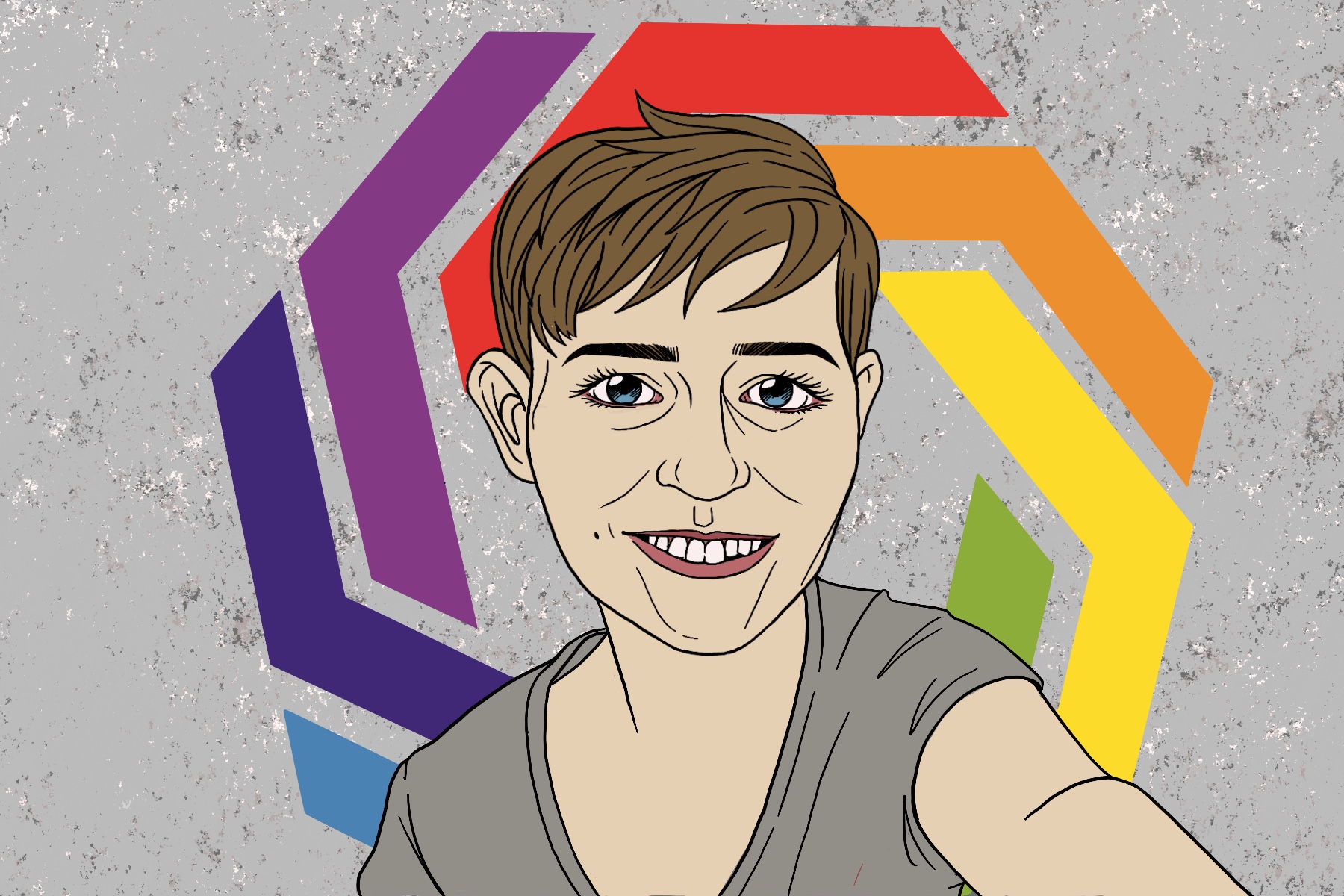“Ask an Autistic” is a YouTube series by Amythest Schaber, who is a blogger, public speaker and activist for autism. Over the course of 26 videos, Schaber goes in depth on many different topics relating to autism spectrum disorder, including why many people with autism avoid eye contact, what meltdowns are and how they’re different from shutdowns, what ABA is and whether or not it’s a good therapy, and why Autism Speaks is not a good organization.
Many resources for learning about autism are aimed at parents who have children on the autism spectrum, but it doesn’t go away when someone grows up. Finding resources as an adult with autism can be hard because it is oftentimes viewed as a childhood disorder, and many people still believe that autism occurs more often in boys than in girls — even though there is growing evidence that it’s just harder for girls to get a diagnosis because their symptoms don’t always present in the same way as boys’ symptoms.
For these reasons, among many others, finding informative and accurate resources can be difficult, which is why Schaber’s “Ask an Autistic” YouTube videos are so valuable.
Whether you’re the parent of a child with autism, you’re an autistic adult trying to sort things out yourself, you have a friend with autism or you’re just interested in learning more about the disorder, Schaber’s videos will teach you what you need to know.
What Is Autism?
The 23rd video in Schaber’s “Ask an Autistic” series is a great place to start when watching their videos, because this is where they answer a lot of common questions surrounding autism. Schaber describes how autism is a pervasive, neurological developmental condition that can influence a person’s personality and memories, and it can have an effect on how a person thinks, communicates and moves. As Schaber explains, “Autism isn’t something that just affects one part of a person.”
They discuss what causes autism, and how it’s not something you can catch, but something you’re born with. They also discuss whether or not autism is a disability, and they give family and friends tips on how to accommodate and treat autistic friends and family members.
What Is Stimming?
Many people know what stimming is, but few people know the reasons for it. In Schaber’s first “Ask an Autistic” video, they explain how sensory input, expression or self-stimulation can lead to stimming.
The video is a great resource for autistic individuals and family and friends to watch, because Schaber doesn’t just bring awareness to the topic, they also bring acceptance. Schaber discusses why stimming shouldn’t be discouraged, and they talk about why society needs to start embracing different neurotypes instead of forcing people with autism to stop their natural and harmless behaviors.
What Is Neurodiversity?
What is the neurodiversity movement, and what do the words neurotypical and neuro-atypical mean? In the 19th episode of “Ask an Autistic,” Schaber breaks down these terms, and they explain what the neurodiversity movement is. Schaber also busts a few myths about the neurodiversity movement, like the myth that the community is only for people with autism. Schaber explains, “Anybody who is neuro-atypical or in the neuro minority kind of falls under the umbrella of neurodiversity and is welcome to be a part of the community.”
What Is Passing?
In the second video of “Ask an Autistic,” Schaber discusses passing. As Schaber explains it. passing is when someone with autism “suppresses everything about themselves” in an effort “to appear neurotypical.”
This episode of “Ask an Autistic” is such a valuable video because Schaber is bringing awareness to the negative consequences of passing. They compare people who have to spend their energy on passing to the character Elsa in the movie “Frozen.” They quote “Conceal don’t feel” from the movie because when so much energy is being spent on making eye contact or repressing stims, there’s no energy left for anything else.
Schaber also highlights the ableist culture that makes passing necessary, and they talk about why autistic children shouldn’t be made to pass as “normal” or be discouraged from engaging in characteristic autistic behavior, such as stimming.
What About Functioning Labels?
Most people are familiar with the high and low functioning labels used in relation to autism spectrum disorder. What many people aren’t aware of is how damaging those labels are. In the eighth episode of “Ask an Autistic,” Schaber explains how the labels aren’t “an accurate description of an autistic person’s abilities.”
Schaber examines how these labels are used to oppress autistic individuals and to remove them from the conversation about themselves. It is often used as a way to discredit those with autism who are non-verbal, but also to remove people who are “high functioning” from the conversation because they’re too “normal” to understand the struggle. She explains the harm that the labels cause, and why autistic people can’t be categorized by labels like that.
Why Acceptance?
The 22nd episode of “Ask an Autistic” was made in anticipation of Autism Awareness Month, but it has meaning all year round. In the video, Schaber talks about why awareness without acceptance is such an important issue for the autistic community. They explain, “Awareness, in theory, is great. People should be aware that autistic people exist. The problem is when awareness happens without acceptance to balance it out.”
As they discuss in the video, the kind of awareness that usually comes without acceptance usually leads to misinformation. For example, the organization Autism Speaks makes people aware of how supposedly scary the disorder is and how a cure should be found. They have brought a lot of awareness to autism, but not much acceptance to it.
But Schaber is educating everyone about autism, and by doing so, they are bringing not only awareness, but also acceptance.
















